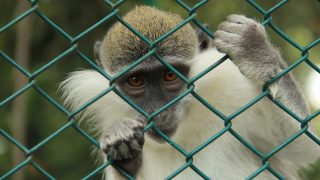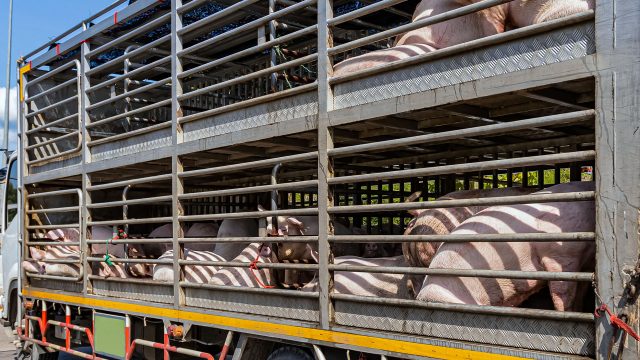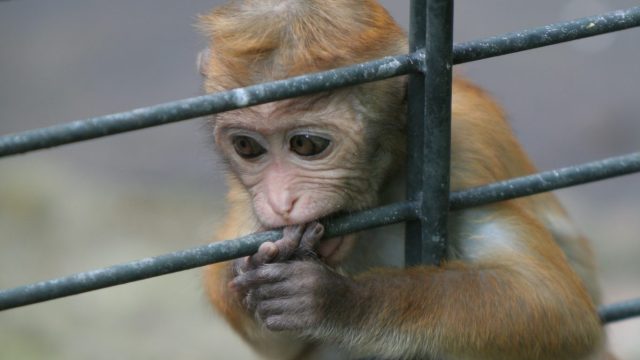
Animal Legal Defense Fund Urges National Institutes of Health to Recognize Rights of Humanized Animals
Group Also Seeking Stronger Protection for Subjects of Chimeric and Transgenic Research
Contact: media@aldf.org
Washington, DC – Today the Animal Legal Defense Fund submitted comments to the National Institutes of Health (NIH) urging the agency to recognize that chimeric and transgenic animals with humanized cognition should be protected as human research subjects, and ensure regular oversight by Institutional Review Boards (IRBs) in all NIH-funded research where enhanced cognitive ability in such animals is a possibility. The Animal Legal Defense Fund previously petitioned NIH’s parent agency – the Department of Health and Human Services – to adopt similar regulations in December 2013 and April 2015. In September 2015, NIH placed a moratorium on funding human-animal chimera research, but recently announced plans to lift the ban while considering changes to its funding policy. Public comments on the proposed changes are due today.
Human-animal chimeras are animals containing human cells for research purposes such as researching organ growth and exploring potential therapies for disease. Relatedly, human-animal transgenic research involves introducing a human gene or genetic sequence into animal cells, often to assess the effect of that human gene or sequence on the animal.
In its August 4, 2016 request for public comment, NIH says it plans to create a steering committee that would provide general programmatic input about funding research on human-animal chimeras. NIH also proposes to expand prohibitions against breeding human-animal chimeras, and introducing human stem cells into very young primate embryos. NIH’s proposed changes do not include humanized transgenic animals.
Drawing on decades of experience as the nation’s preeminent legal advocacy organization for animals, the Animal Legal Defense Fund submitted comments today asking NIH to explicitly recognize that chimeric and transgenic animals with humanized cognition should receive legal rights as human research subjects under the Public Health Services Act. The Animal Legal Defense Fund defines humanized cognition as occurring when an animal obtains high-level cognitive capacity that is substantially similar to a normal adult human. Such animals are hypothetical now, but having a legal safeguard in place now is crucial because creation of such animals appears to be technically possible. Humanized chimeric and transgenic animals have already acquired some enhanced cognition due to introduction of human genes or stem cells in recent experiments.
The Animal Legal Defense Fund’s comments also urge NIH to expand the scope of the guidelines to include oversight for humanized transgenic animals in addition to chimeras, and to require regular IRB review of all NIH-funded research projects involving humanized animals.
“NIH’s proposed changes fail to articulate the real concern about introducing human qualities into research animals,” says Animal Legal Defense Fund Executive Director Stephen Wells. “NIH should explicitly recognize that chimeric and transgenic animals who obtain high-level humanized cognition have the same rights as human research subjects under federal law.”
Focus Area
Recent News
-
Support the Humane Transport of Farmed Animals Act
Urge support for the Humane Transport of Farmed Animals Act (H.R. 5286) to require stricter enforcement of the Twenty-Eight Hour Law and prohibit the transport of sick or injured animals. -
CDC Seeks to End Program Using Monkeys in Research
The Animal Legal Defense Fund continues to advocate for animals suffering in research labsDecember 8, 2025 News -
Congratulations to the 2025 Student Chapters of the Year!
These awards celebrate chapters that have shown incredible efforts in advancing animal law and advocating for animals through original projects and initiatives. Animal Legal Defense Fund Student Chapters are a vital part of the growing animal law movement.December 1, 2025 Student Chapters



